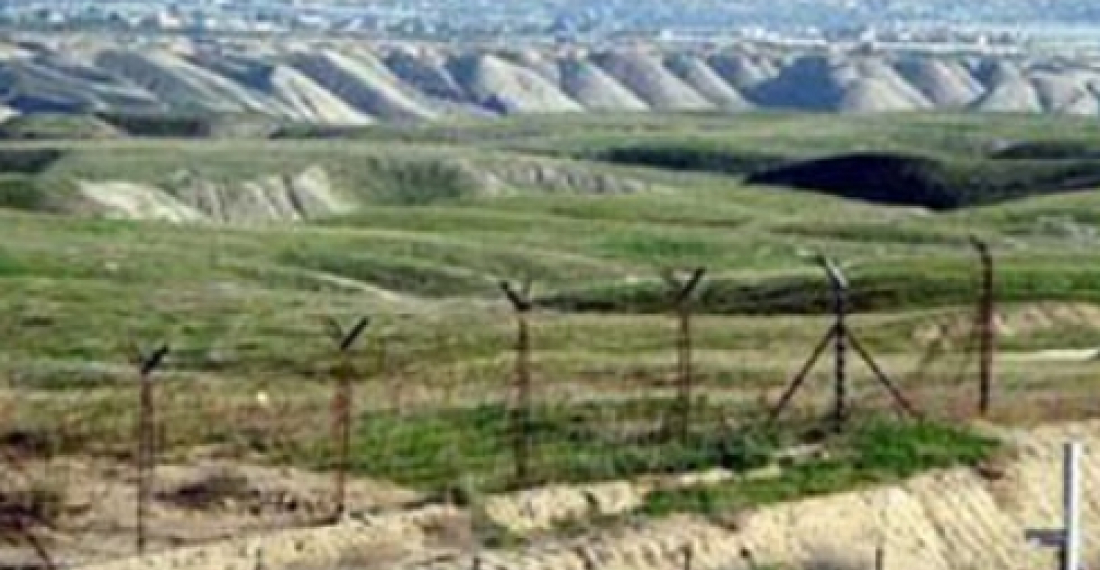A 39 year-old woman crossed the heavily militarised line of contact separating Armenian and Azerbaijani forces earlier this week and is currently detained by the Armenian authorities. There are conflicting reports on the woman’s identity, and the exact circumstances of the inent.
“Upon request of the sides, and if the person expresses such wish, the [International Committee of the Red Cross may act as a neutral intermediary to facilitate his or her return,” spokeswoman Ilaha Huseynova told reporters.
“In accordance with our mandate, we follow up on the incident and are in contact with the concerned authorities.”
Although accounts are consistent that the woman was born in 1977, there is uncertainty as to her identity. Azerbaijani sources have named her as Alakbarova Gatiba Ibrahim, of Arabaji village in Gedebey district.
She is registered with a mental hospital in Nagorno-Karabakh, according to an Azerbaijani government source, which said the authorities are working for her release.
However according to Armenian media the woman is named Zohra Vardzar qizi, from Yaniqli village in Tovuz district. Azerbaijani media is reporting that a woman of this name does in Tovuz not exist, according to local police.
There is a history of Armenian and Azerbaijani citizens crossing the heavily militarised line of contact, either accidentally or seeking political asylum, but this is the first case of its kind since fierce fighting in early April, the worst bout of violence for two decades.
SOURCE: commonspace.eu and agencies
PHOTO: The line of contact in the Nagorno-Karabakh conflict zone.






